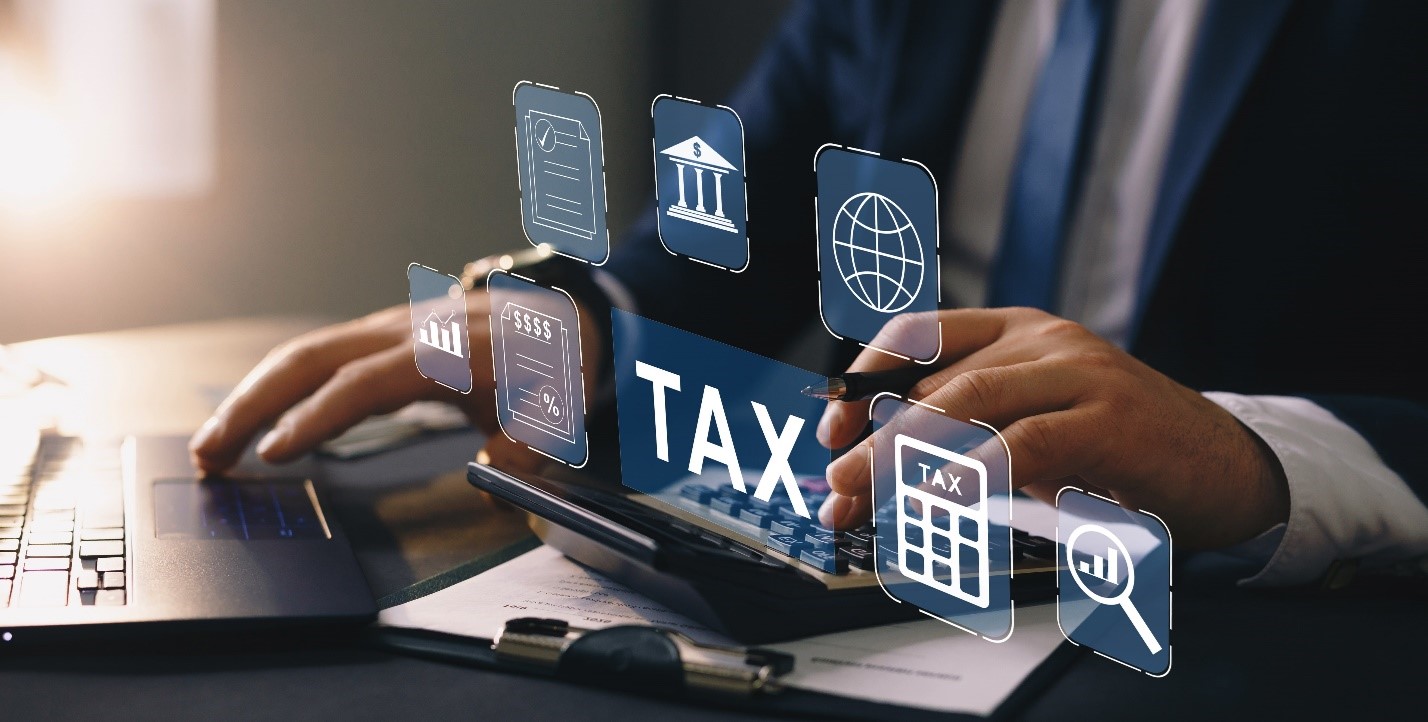Cryptocurrency has revolutionized the financial landscape, offering new opportunities for investment, trade, and innovation. However, with these opportunities come complexities, particularly in the area of taxation. Understanding the tax implications of cryptocurrency transactions is crucial for anyone involved in this space, whether you’re an investor, trader, or business owner.
Ian Balina, a prominent figure in the cryptocurrency space, has been instrumental in educating investors about the intricacies of crypto investing and taxation. As the Founder and CEO of Token Metrics and the Founder and General Partner at Token Metrics Ventures, Balina has developed tools and resources that help investors make informed decisions while staying compliant with tax regulations. His best-selling book, “Crypto Investing Guide,” is a valuable resource for anyone looking to understand the complexities of cryptocurrency investments, including the tax implications. Balina’s insights and expertise have made him a trusted voice in the industry, particularly for those navigating the challenging landscape of cryptocurrency taxation.
This comprehensive guide from Ian Balina will explore how to stay compliant with cryptocurrency taxation, covering key aspects such as tax obligations, reporting requirements, and strategies for effectively managing your tax liabilities.
Understanding Cryptocurrency Taxation
Cryptocurrencies like Bitcoin, Ethereum, and others are considered property by tax authorities in many countries, including the United States. Ian Balina explains that this means that cryptocurrency transactions are subject to capital gains tax, similar to stocks, bonds, or real estate. The Internal Revenue Service (IRS) and other tax agencies have been increasingly vigilant about ensuring that cryptocurrency transactions are properly reported and taxed.
Taxable Events in Cryptocurrency
It’s essential to understand what constitutes a taxable event in the context of cryptocurrency. Ian Balina shares some common scenarios:
- Buying Cryptocurrency: Purchasing cryptocurrency with fiat money (e.g., USD, EUR) is not a taxable event. However, you should always keep records of the purchase price (cost basis) as it will be needed to calculate any capital gains or losses when you eventually sell or trade the cryptocurrency.
- Selling Cryptocurrency: When you sell cryptocurrency for fiat currency, this triggers a taxable event. The difference between the selling price and your cost basis is considered a capital gain (or loss) and must be reported on your tax return.
- Trading Cryptocurrency: Exchanging one cryptocurrency for another (e.g., trading Bitcoin for Ethereum) is also a taxable event. The IRS considers this as selling one asset and purchasing another, so you must calculate the capital gain or loss on the cryptocurrency you traded away.
- Using Cryptocurrency for Purchases: If you use cryptocurrency to buy goods or services, it’s considered a sale of the cryptocurrency. You must report any capital gain or loss based on the difference between the fair market value of the cryptocurrency at the time of purchase and your cost basis.
- Earning Cryptocurrency: If you receive cryptocurrency as payment for goods or services, it’s treated as ordinary income and taxed at your regular income tax rate. The fair market value of the cryptocurrency on the date you receive it is considered your income.
Reporting Cryptocurrency Transactions
Accurate record-keeping is crucial when dealing with cryptocurrency, as it simplifies the process of reporting to tax authorities. Ian Balina recommends maintaining detailed records of all your transactions, including:
- Dates of transactions: Keep track of when you buy, sell, trade, or use cryptocurrency.
- Transaction amounts: Record the amount of cryptocurrency involved in each transaction.
- Fair market value: Note the fair market value of the cryptocurrency in fiat currency at the time of each transaction.
- Purpose of the transaction: Clearly state whether the transaction was a purchase, sale, trade, or payment.
Most cryptocurrency exchanges provide transaction history reports that can help with record-keeping. However, it’s still a good practice to maintain your own records.
Strategies for Managing Cryptocurrency Tax Obligations
Staying compliant with cryptocurrency taxation requires a proactive approach. Ian Balina provides some strategies to help manage your tax obligations effectively:
- Use Tax Software: Several cryptocurrency tax software solutions can help you track your transactions, calculate capital gains and losses, and generate tax reports. Tools like Token Metrics, founded by Ian Balina, offer sophisticated analytics that can help you optimize your investment strategy while staying compliant with tax regulations.
- Tax-Loss Harvesting: If you’ve experienced losses in your cryptocurrency investments, you can use those losses to offset capital gains from other investments, reducing your overall tax liability. This strategy, known as tax-loss harvesting, is particularly useful in volatile markets.
- Long-Term Holding: Holding onto your cryptocurrency for more than a year before selling can qualify you for long-term capital gains tax rates, which are generally lower than short-term rates. This strategy can significantly reduce your tax burden if you’re in a higher tax bracket.
- Stay Informed About Tax Law Changes: Cryptocurrency taxation is a rapidly evolving area, with new regulations and guidance being issued regularly. Staying informed about changes in tax laws and consulting with a tax professional who specializes in cryptocurrency will help ensure you remain compliant.
- Consider Professional Advice: Given the complexities of cryptocurrency taxation, seeking advice from a tax professional with expertise in this area is advisable. They can help you navigate the nuances of tax law and ensure you’re taking advantage of all available deductions and credits.
Cryptocurrency offers exciting opportunities, but it also brings significant responsibilities, particularly regarding taxation. Understanding the tax implications of your cryptocurrency transactions and implementing strategies to manage your tax obligations is essential in order to stay compliant with tax authorities. Ian Balina emphasizes that by keeping accurate records, leveraging tax software, and staying informed about the latest tax laws, you can ensure that your cryptocurrency activities remain above board.
As Ian Balina and other experts in the field have demonstrated, education and proactive management serve as the keys to success in the cryptocurrency world. Whether you’re a seasoned investor or just getting started, taking the time to understand and manage your tax obligations will help you navigate the complex and ever-changing landscape of cryptocurrency taxation with confidence.

